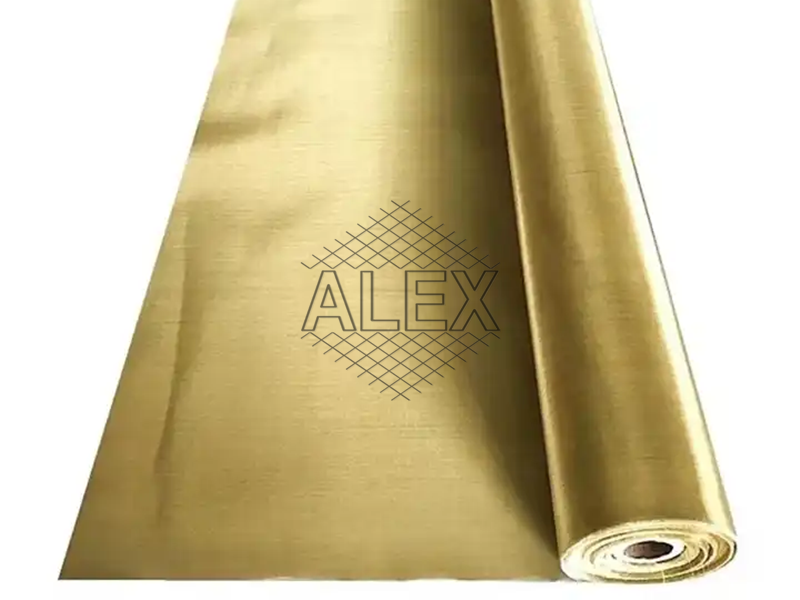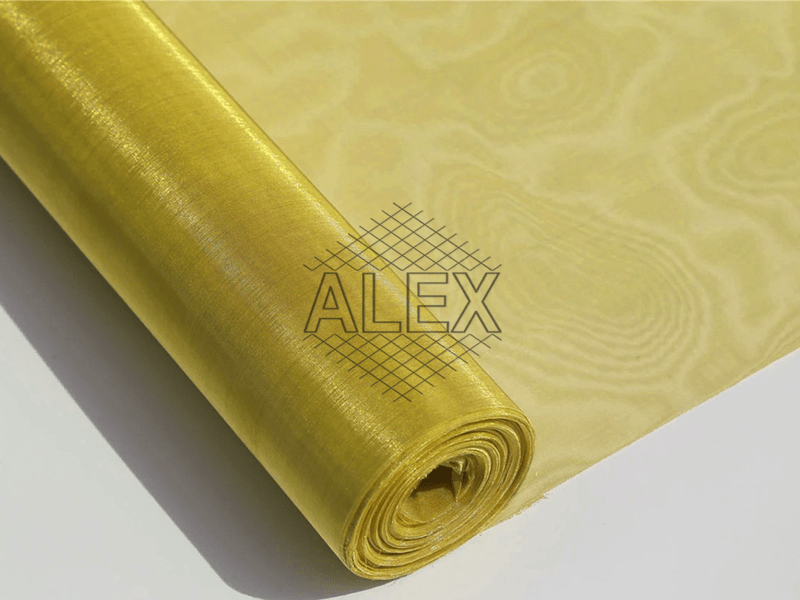What is Brass Wire Grid?
The wire grid ideal for architectural projects.
This brass wire mesh is widely used in electrical grounding systems.
Applications:
Essential in radiator manufacturing.
Used in decorative grilles for air vents.
Employed in industrial filtration systems.
Essential in jewelry and craftwork.
Widely used in DIY projects.
Perfect for creating intricate designs.
An indispensable component in precision instruments.
Commonly used for radiator grilles in automotive applications.
Features:
Crafted from high-quality, corrosion-resistant brass.
Available in various grid patterns and thicknesses.
Easily customizable to meet specific requirements.
Exceptional thermal conductivity.
Resistant to wear and tear.
Non-magnetic properties.
Excellent electrical conductivity.
Durable and long-lasting.
Suitable for welding and soldering.
Can be coated or plated for added protection.
Benefits:
Enhances aesthetic appeal in architectural designs.
Ensures efficient electrical grounding.
Improves heat dissipation in radiators.
Aids in air circulation and ventilation.
Provides superior filtration capabilities.
Enables intricate jewelry designs.
Empowers DIY enthusiasts.
Facilitates precision instrument construction.
Enhances automotive radiator performance.
Adds value to various industrial applications.
Customization:
Tailored grid sizes and shapes available.
Customized thicknesses to suit specific needs.
Personalized finishes, including polished, matte, or textured.
Branded or engraved grids for branding purposes.
Special coatings for added protection.
Bulk orders with unique specifications welcome.
Assistance from our expert team in design and selection.
Precision cutting and shaping services offered.
Quick turnaround times for custom orders.
Competitive pricing for tailored solutions.
Environmental Considerations:
Brass is a recyclable material.
Reduced environmental impact with longevity.
Non-toxic and safe for various applications.
Energy-efficient due to thermal conductivity.
Contributes to sustainability efforts.
Decreases the need for frequent replacements.
Lower waste generation.
Less energy required in manufacturing.
Reduced emissions during production.
Eco-friendly disposal options available.




